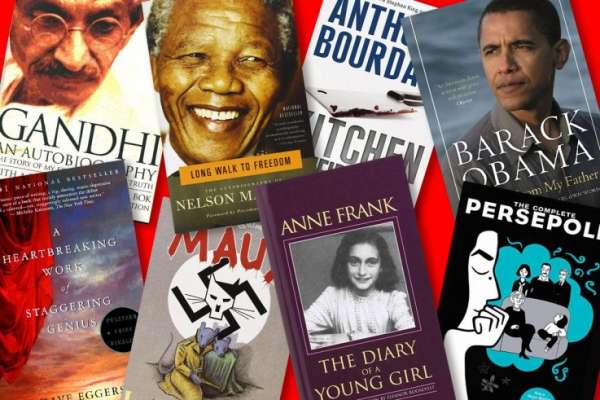
Music & movies: Key factors to improve your English speaking skills.
Learning a new language can be a challenging yet rewarding journey. One of the most effective and enjoyable ways to enhance language skills, particularly when it comes to learning English, is through the power of music and movies. In this blog, we'll explore the significant role that music and movies play in language acquisition and why they are invaluable tools for learners.
Engagement and Immersion: Music and movies provide a unique opportunity for language learners to immerse themselves in the target language. Through the captivating narratives of films and the rhythm and lyrics of songs, learners can become engaged in a way that traditional language courses might not always achieve. This immersion in real-life contexts enhances comprehension and retention of language.
Cultural Insights: Learning a language isn't just about grammar and vocabulary; it's also about understanding the culture and context in which the language is spoken. Music and movies are windows into the culture, history, and everyday life of English-speaking countries. They expose learners to various accents, idioms, and expressions, making their language usage more authentic.
Vocabulary Expansion: Music and movies are treasure troves of vocabulary. Songs often use poetic and expressive language, and movies cover a wide range of topics, from everyday conversations to specialized terminology. By listening to songs and watching movies, learners encounter a vast array of words and phrases, which can enrich their vocabulary.
Improving Listening and Pronunciation: One of the greatest challenges in language learning is understanding spoken language and acquiring correct pronunciation. Music and movies provide excellent audio resources to train your ears to different accents and improve your pronunciation by mimicking native speakers.
Contextual Learning: Songs and movies provide context for language usage. When you hear a phrase in a song or see it in a movie, you can often deduce its meaning from the surrounding words and actions. This type of contextual learning is highly effective for language comprehension.
Memorable Learning: Music is known for its mnemonic power. Have you ever found yourself singing along to a song from your childhood, remembering every word? The same principle applies to language learning. Catchy tunes and memorable movie scenes can stick in your memory, making it easier to recall and use the language.
Flexibility and Convenience: Learning through music and movies is flexible and convenient. You can do it anywhere, at any time, and at your own pace. Whether you're listening to music on your commute or watching a movie at home, you have the freedom to integrate language learning seamlessly into your daily life.
Motivation and Fun: Learning should be enjoyable. Music and movies add an element of fun to the language learning process. When you enjoy the songs you're listening to or the movies you're watching, it doesn't feel like studying. This motivation can be a powerful force driving your progress.
In conclusion, the importance of music and movies in learning English cannot be overstated. They offer a holistic and enjoyable approach to language acquisition, combining cultural insights, vocabulary expansion, and improved listening and pronunciation skills. So, the next time you find yourself humming a catchy tune or watching a captivating film, remember that you're also on the path to mastering the English language.
Comment
Maissa Mammar
Yes baecause they are the moments fun and i really really like moviesss but the music is important of my life I usually use my phone for listen my favourite music
Abdessamad Bettiche
Good topic thanks for sharing
Anais Salmi
music and movies are so exiting and they are elements of fun like you said great blog miss
Lamis Mouzaoui
It's wonderful how listening to music and watching movies can help us improve our speaking and understanding skills of a language.















